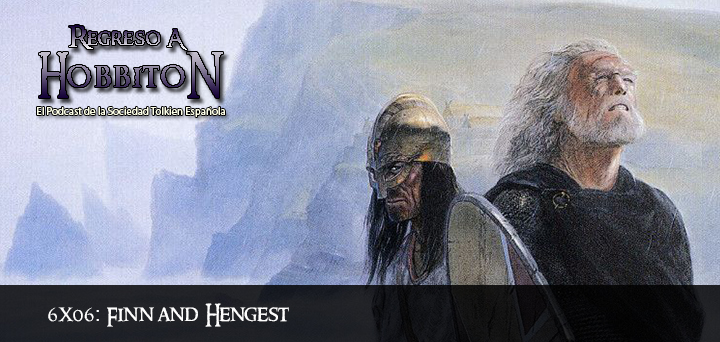
This poem which is something of a catalogue of people, kings and heroes that the traveling poet Widsith had supposedly met over the years. Among the heroes mentioned in Widsith are the Frisian “Finn Folcwalding” (l. Yet a third text to testify to the circulation of this story in Anglo-Saxon England is the poem Widsith. As such, the Finnsburg Fragment fills in some of the details that are lacking in the summary of the minstrel’s tale in Beowulf, which in turn provides information about the cause and outcome of the fight which are not mentioned in the extant text of the Finnsburg Fragment.

the text breaks off when a certain “folces hyrde” is mortally wounded. The Fragment consists of 48 lines of Old English poetry, which outline how a band of warriors led by Hnæf are attacked by Frisians, near Finnsburg. The Finnsburg Fragment was found on a loose manuscript folio, once kept at Lambeth Palace and edited by the George Hickes in 1705 (the manuscript folio has since been lost).

That the story of Finnsburg was indeed well known and often recited, becomes clear from the Finnsburg Fragment. Tolkien in the posthumous work Finn and Hengest: The Fragment and the Episode, ed. The exact particulars of the story, however, are only alluded to and many scholars have tried to figure out what exactly happened (chief among them, a man named J.R.R. The basic premise of the story is somewhat clear: a feud between Danes and Frisians had been solved by a political marriage between the Frisian prince Finn and the Danish princess Hildeburh a visit by Hildeburh’s brother Hnæf to Finnsburg renewed the hostilities and resulted in the death of Hnæf and Hildeburh’s son among others although a new truce was made, Finn is killed the following year and Hildeburh is brought back to Denmark. The Beowulf poet certainly assumed his audience to be familiar with the contents of this tale, since what follows is a rather enigmatic summary of events of something that took place in Frisia, concerning Finn, Hnæf and Hengest (ll. During the festivities, a minstrel performs a well-known tale, a “gid oft wrecen” (l. 1065b): A Tale Often RecitedĪfter Beowulf has defeated Grendel, there is much rejoicing in the hall of the Danish king Hrothgar.

For all who have ever struggled making sense of Finnsburg, here is an attempt at a comic strip reconstruction. The story is referred to in Beowulf, the so-called Finnsburg Fragment, and Widsith , but the events are rather difficult to piece together. One of the most intriguing stories referred to in Old English heroic poetry is whatever happend at Finnsburg, between Hnæf, Finn and Hengest.


 0 kommentar(er)
0 kommentar(er)
